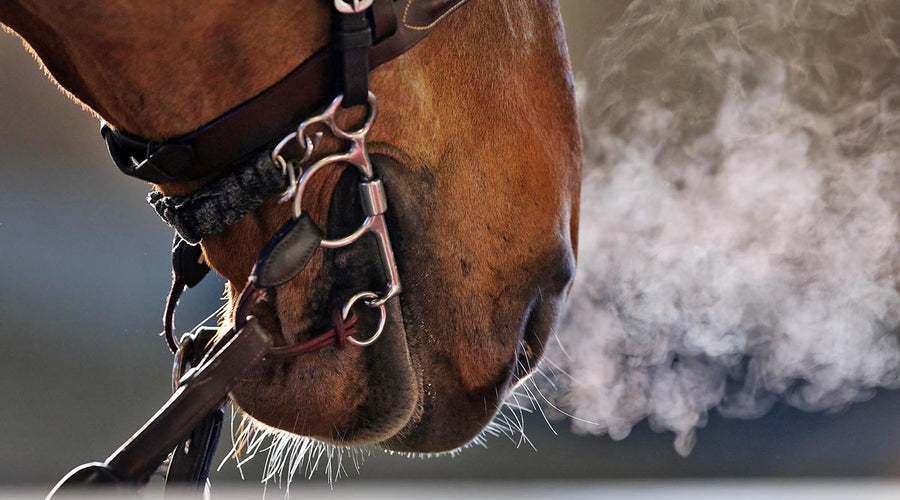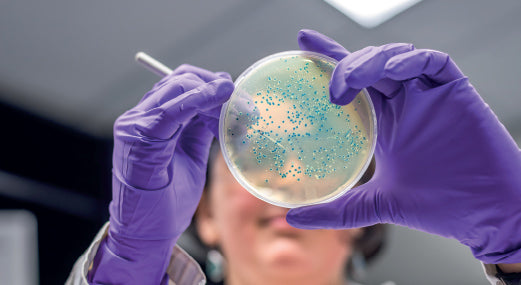Knowledge Base
How to tell if your horse is in pain from dental disorders
Dental problems can cause significant discomfort and pain in horses. Sadly, many horses do not demonstrate obvious clinical signs of dental pain leading to delayed diagnosis and treatment which could impact welfare an...
Read More
Severe equine asthma is associated with thickening of the pulmonary arteries
Severe equine asthma leads to raised blood pressure in the pulmonary arteries (pulmonary hypertension) which, if sustained over a long time, can result in right sided heart failure.
Lung inflammation and narrowing of ...
Read More
Do supplements containing turmeric and devil’s claw irritate the equine stomach?
Supplements containing turmeric and devil’s claw are frequently recommended and fed to horses with inflammatory conditions such as arthritis due to the inhibitory effect these compounds have on the production of the i...
Read More
The effect of feeding and stable management on stereotypic behaviours in horses
Many horses demonstrate abnormal behaviour patterns as a result of domestic management practices1. These abnormal behaviours are termed ‘stereotypic’ and tend to be repeated and predictable in their occurrence. Horses...
Read More
How do ‘pressure headcollars’ affect equine behaviour?
Despite domestication and careful management, horses retain many of their innate flight and fright behaviours in response to environmental challenges. Consequently, the use of equipment to manage and reduce the likeli...
Read More
“Falling back” – How does changing daylength affect equine health and wellbeing?
Winter is coming, and that means some fundamental changes for our horses. Changing daylength and decreased temperatures are two of the most obvious impacts of winter. Cold, dark mornings and evenings become the standa...
Read More
Are alterations in the gut microbiota responsible for equine Faecal Water Syndrome?
Faecal Water Syndrome (FWS) is a condition where affected equids pass droppings of normal consistency but they are accompanied by watery faecal content either before, during or afterwards1. The cause of FWS remains un...
Read More
Antibiotic resistance in bacteria associated with equine respiratory disease in the United Kingdom
Bacterial infection, often secondary to viral respiratory disease, is an important cause of upper and lower respiratory diseases in horses. The cytological examination and bacterial culture of lower airway respiratory...
Read More
Can horses smell fear and happiness?
“Horses can smell fear you know”. A phrase many equestrians will have heard, but how true is it? A recent study (1) suggests there might be some truth in this statement and the results may have some interesting conseq...
Read More
Does concurrent omeprazole prevent gastric ulceration with phenylbutazone (bute) therapy?
Non‐steroidal anti‐inflammatory drugs (NSAID e.g. phenylbutazone, “bute”) are commonly used for treatment of inflammation, fever and pain in horses. Adverse effects of these drugs include kidney damage and ulceration ...
Read More
Influence of rider bodyweight on equine gait and behaviour
It is widely publicised that a growing number of the human adult population are overweight or clinically obese. Although it is recognised that inappropriate rider size has welfare implications for horses1, there is a ...
Read More
Does Intra-articular Steroid Therapy Affect Tendon Structure?
Deep digital flexor tendon (DDFT) injuries including those accompanying degenerative changes of navicular bone are a major cause of lameness associated with navicular disease. Injection of corticosteroids into the nav...
Read More













